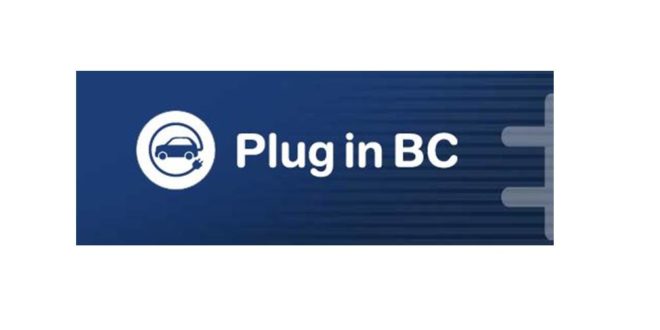The province has announced that it will expand and upgrade residential and public charging infrastructure to encourage more people to go green.
Funding for the upgrades will come from the Clean Energy Vehicle (CEV) Program and will be consist of investments in two programs. According to Minister Naomi Yamamoto, $688,500 will be spent on incentives for Level 2 charging stations in multi-unit homes such as apartment buildings and strata complexes.
The program is open to individuals anywhere in the province that reside in an eligible multi-unit residential building, or to parties authorized to make decisions regarding the building like building managers or owners, and strata councils. Approved applicants would be eligible to receive a rebate of up to 75 per cent of the total, before-tax cost of installing a Level 2 EV charging station to a maximum of $4,500.
In partnership with BMW Canada and BC Hydro, $276,500 to upgrade 10 public, single-standard DC fast charging stations (DCFCs) to dual-standard chargers. The upgrades will enable the chargers to offer both styles of charging standards (SAE Combo and CHAdeMO). These 10 stations currently use only the CHAdeMO charging standard which was the only standard available at the time they were installed. The upgrade is required so these DCFC stations can serve all models of EVs. Standard industry practice now is to have both charging standards on DCFC units. BMW is contributing $110,000 for the upgrades and BC Hydro will provide $106,500 as contributions-in-kind for technical expertise and labour to perform the upgrades.
The Multi-Unit Residential Building Charging Program will be managed on behalf of the Province by the Fraser Basin Council, while upgrades to the province’s DCFC network will be managed on behalf of the Province by BC Hydro.
Under the CEV Program, point-of-sale incentives of up to $5,000 are available for the purchase or lease of a new battery electric or plug-in hybrid electric vehicle and up to $6,000 for a hydrogen fuel cell vehicle.
You can read more of the news on source
 Travelsmart
Travelsmart



